Your home might feel perfectly safe, but some everyday items can pose serious risks to your curious cat. Things like lilies, string, and certain essential oils might seem harmless, but they can be toxic or even life-threatening to felines. Household cleaners, human medications, and even chocolate are also major no-nos. Cats love to explore small spaces and chew on things, which means items like rubber bands, sewing needles, and plastic bags can quickly turn dangerous. It’s important to cat-proof your space just like you would for a toddler—by staying one step ahead of their curiosity. A little awareness goes a long way in keeping your feline friend happy, healthy, and safe.
Lilies and Other Toxic Houseplants
It’s shocking how many common houseplants can be deadly to cats. Lilies, in particular, are notorious for being extremely toxic—even a tiny nibble on a leaf or petal can cause severe kidney failure. You might think a plant sitting innocently on your windowsill is just a pretty decoration, but to a curious cat, it’s an irresistible snack. Other plants, like philodendrons, poinsettias, and aloe vera, also carry risks ranging from mouth irritation to organ damage. If you love both plants and cats, it’s wise to do a little research before bringing any greenery into your home. For your cat’s sake, stick to non-toxic options like spider plants or cat grass. It’s heartbreaking to imagine, but just one bouquet could spell disaster for your kitty.
Human Medications
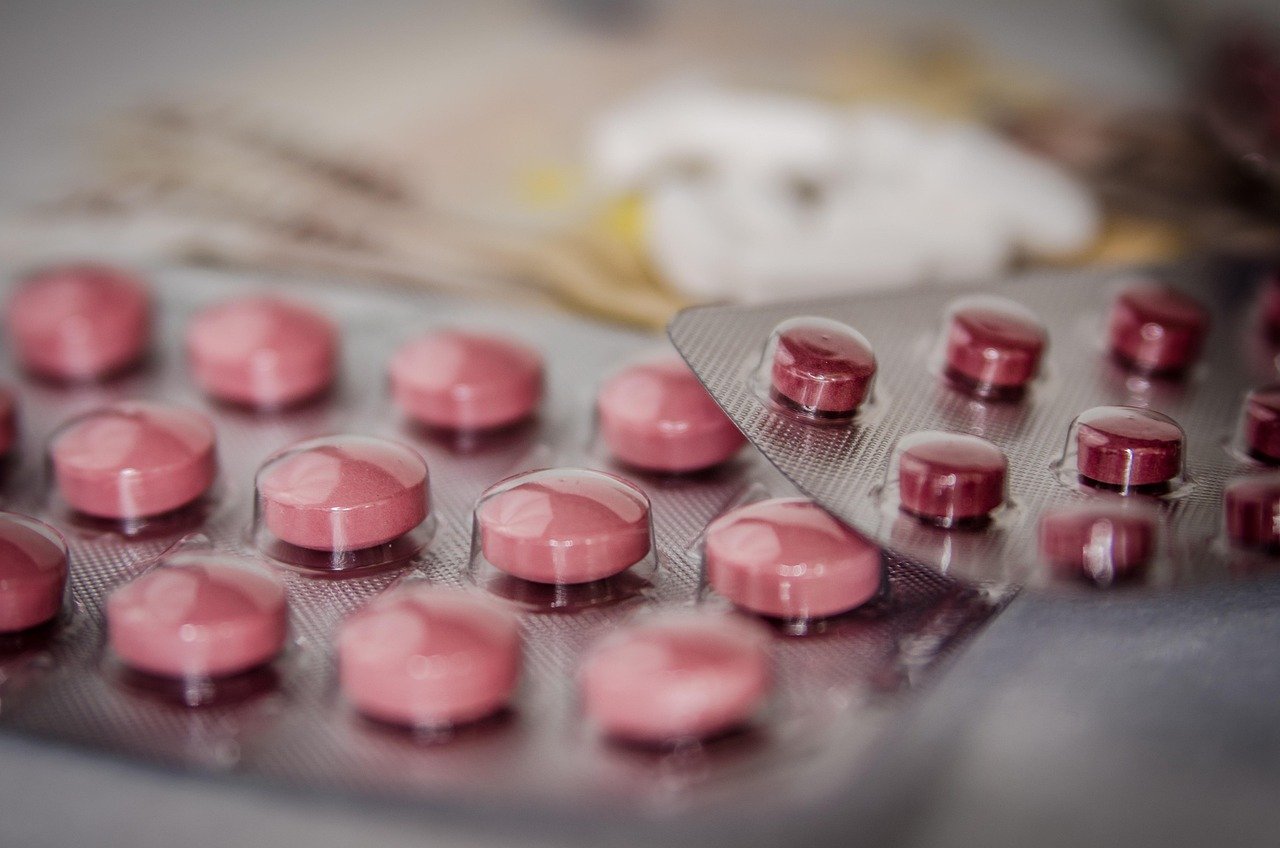
It’s easy to accidentally drop a pill on the floor, but even the smallest dose of human medicine can be disastrous for cats. Common over-the-counter painkillers like acetaminophen and ibuprofen are highly poisonous to felines, leading to liver failure or even death. Antidepressants, ADHD medication, and cold remedies can also wreak havoc on their tiny bodies. Cats are much more sensitive than humans, and their bodies process drugs differently. If you store your medications in purses, bags, or low drawers, a nosy cat can quickly get into trouble. Always keep medicine bottles secured and out of reach, and clean up any spills right away. When it comes to medications, what’s safe for you can be fatal for them.
String, Yarn, and Thread
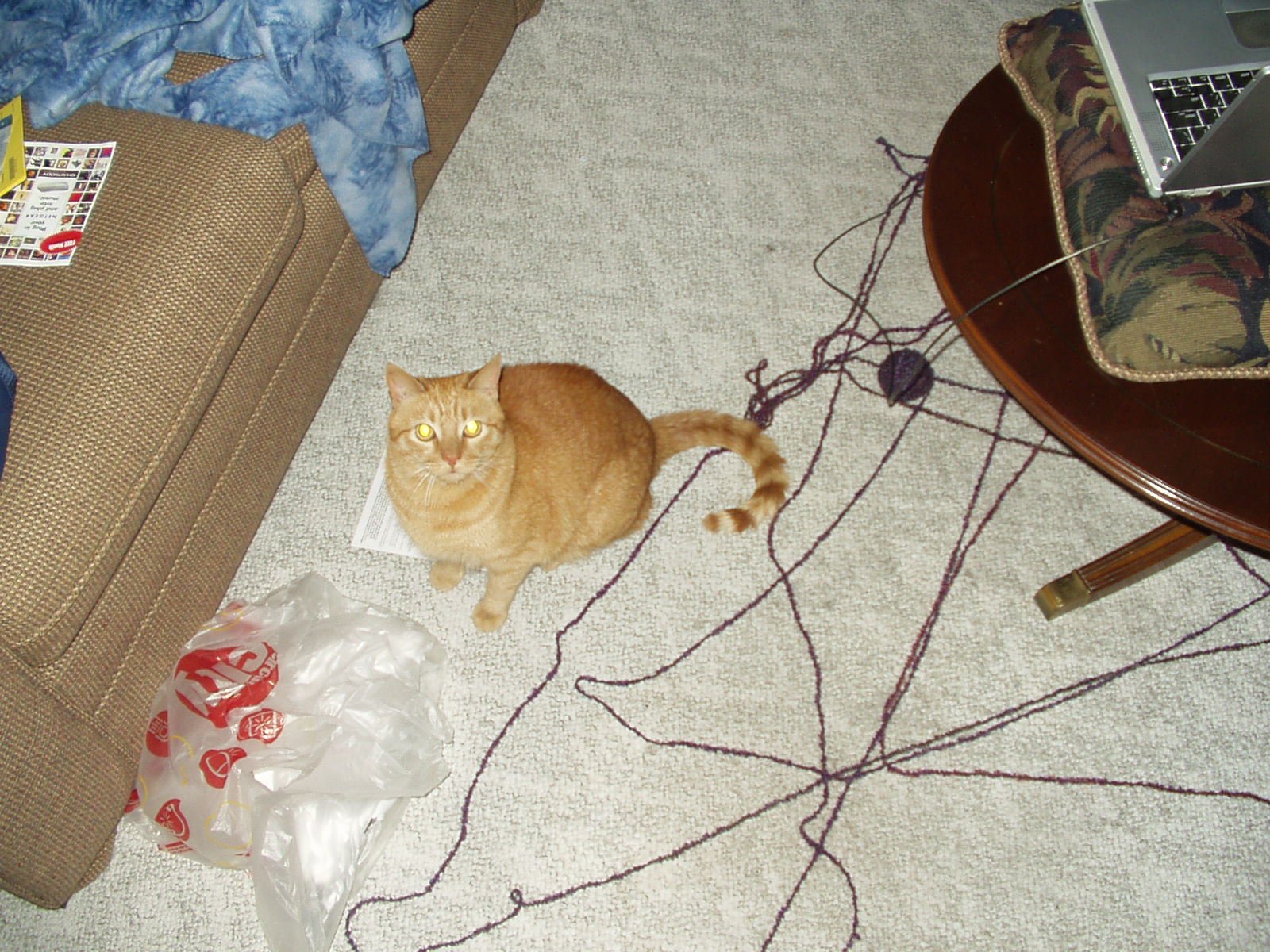
Few things are more adorable than a kitten playing with a ball of yarn, but this classic scene hides a real danger. If a cat swallows string, thread, or even dental floss, it can cause a life-threatening blockage in their intestines. The string can wrap around their tongue or get stuck in their stomach, making it impossible to pass naturally. Cats can’t tell the difference between a toy and something hazardous, so it’s up to us to be vigilant. Always put away sewing supplies and avoid leaving loose ribbons or gift wrap lying around. A moment of play can turn into an emergency vet visit faster than you’d ever expect.
Essential Oils and Diffusers
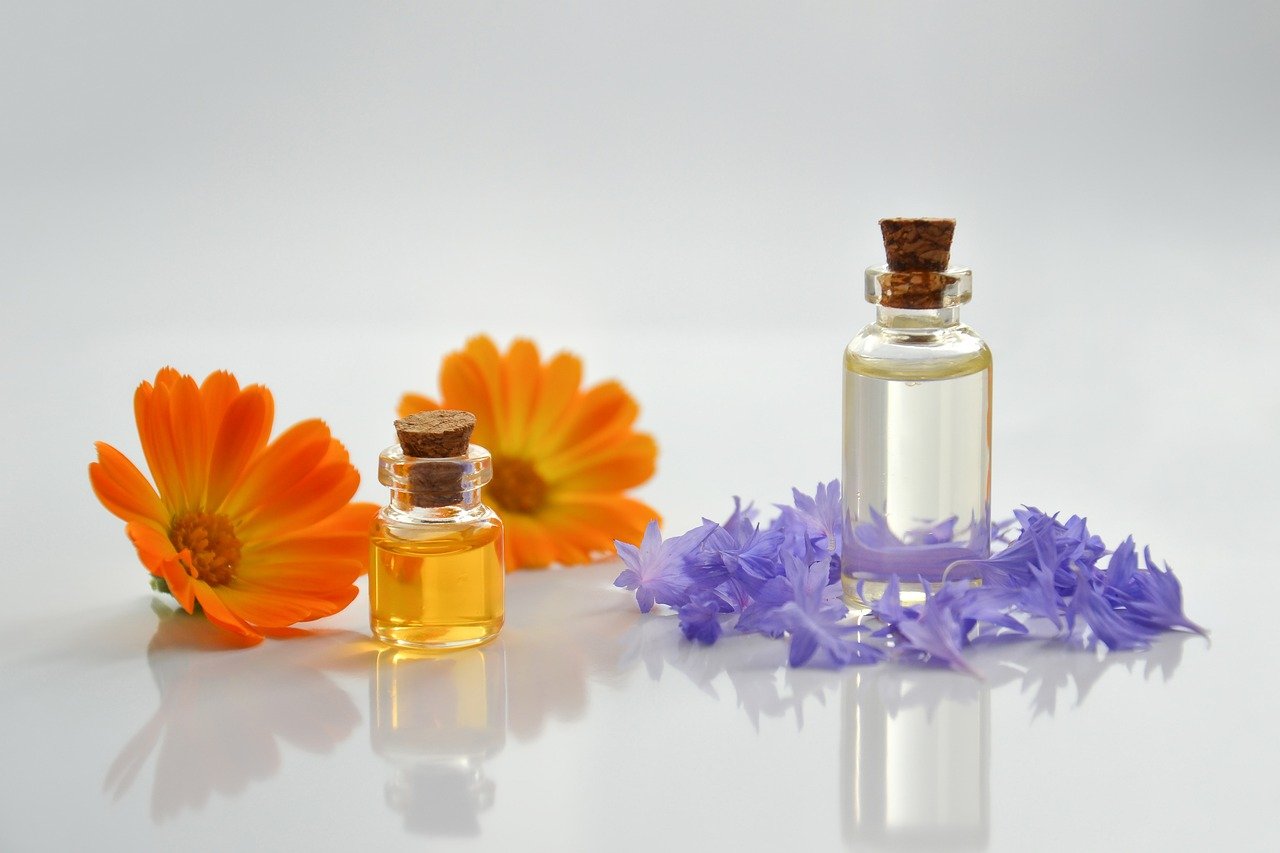
Essential oils have become a household staple for many, filling rooms with soothing scents or promising health benefits. But for cats, these oils—especially tea tree, eucalyptus, and citrus—are downright dangerous. Cats lack certain liver enzymes that help process these substances, so even inhaling the fumes can lead to drooling, vomiting, tremors, or worse. Oil diffusers, sprays, and even cleaning products containing essential oils should be used with great caution in a cat-friendly home. If you notice your cat sneezing, hiding, or acting strangely after you use these products, it’s a red flag. For your cat’s safety, opt for fragrance-free options or keep your oils safely out of paw’s reach.
Onions, Garlic, and Chives
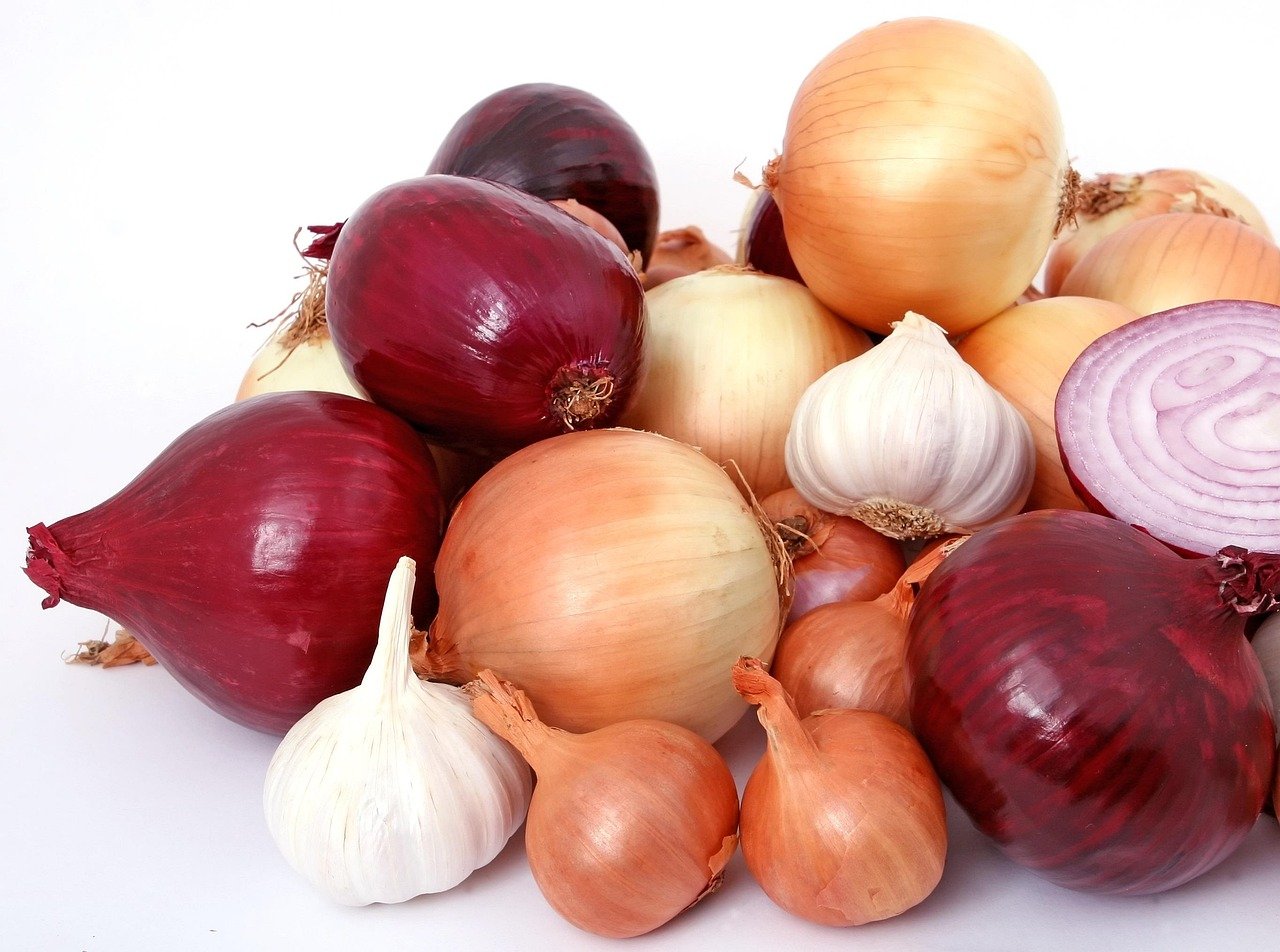
It might be surprising to learn that ingredients we use daily in the kitchen, like onions, garlic, and chives, are highly toxic to cats. These foods can cause a condition called hemolytic anemia, destroying red blood cells and leading to weakness, rapid breathing, and even collapse. Even small amounts hidden in table scraps or cooked foods pose a risk. Many people don’t realize that powdered or cooked forms are just as dangerous as raw. Always double-check ingredients if you’re tempted to share a bite with your cat, and never leave freshly chopped onions or garlic where they can sneak a taste. Something as simple as a dropped piece of pizza could spell big trouble.
Cleaning Supplies and Detergents
The smell of bleach might signal “clean” to us, but to cats, cleaning products can be a death trap. Many household cleaners contain chemicals—like ammonia, phenols, and chlorine—that are extremely harmful if licked or inhaled. Cats, who love to groom themselves, can easily pick up residue on their paws and fur. Even “natural” or “green” cleaners aren’t always safe, so always check labels and store products securely. Mop up spills and rinse surfaces thoroughly before letting your cat roam. A freshly cleaned floor or countertop may look spotless, but invisible toxins could be waiting for your curious companion.
Chocolate and Caffeinated Foods
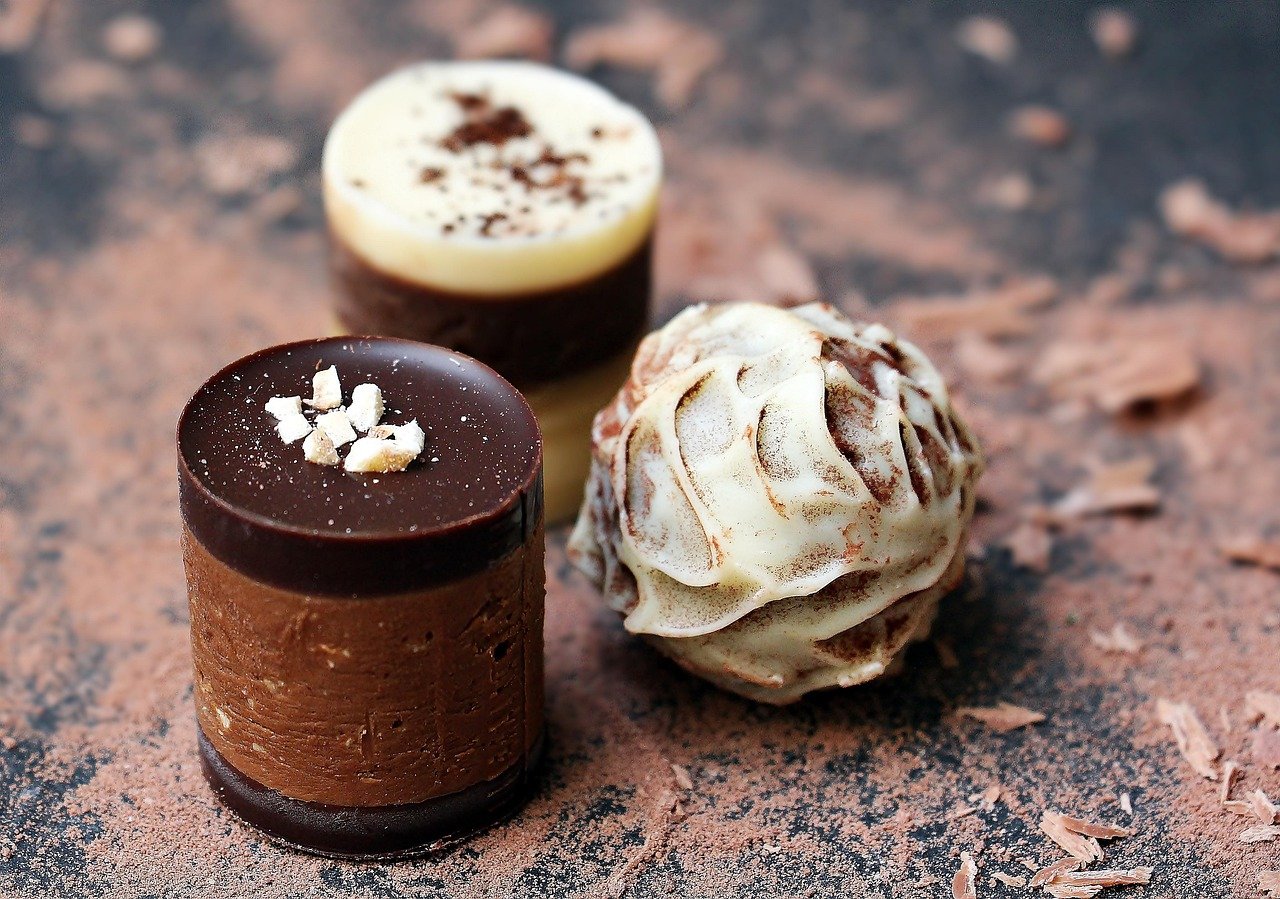
Most cat owners know that dogs shouldn’t eat chocolate, but the same goes for cats. The stimulants in chocolate, coffee, and caffeinated sodas—specifically theobromine and caffeine—can cause heart palpitations, muscle tremors, or seizures in cats. Even a small taste of chocolate cake or a spilled cup of coffee can be enough to trigger symptoms. Unlike dogs, cats aren’t usually attracted to sweet tastes, but curiosity might draw them to lick a mug or sample a crumb. Keep chocolate and caffeinated drinks far from where cats can reach, and be mindful when hosting guests or leaving snacks unattended.
Plastic Bags and Packaging Materials
Plastic bags, bubble wrap, and packing peanuts may seem harmless, but they can be surprisingly deadly for cats. Many cats love to chew or play with these items, but swallowing plastic can choke them or block their intestines. The crinkly sound and slippery texture are enticing, but the risks are very real. Some bags also contain chemical coatings or scents that are toxic if ingested. Always dispose of packaging materials as soon as possible, and never let your cat play with grocery bags or packing supplies. The simplest trash can become a trap for a curious feline.
Pest Control Baits and Traps
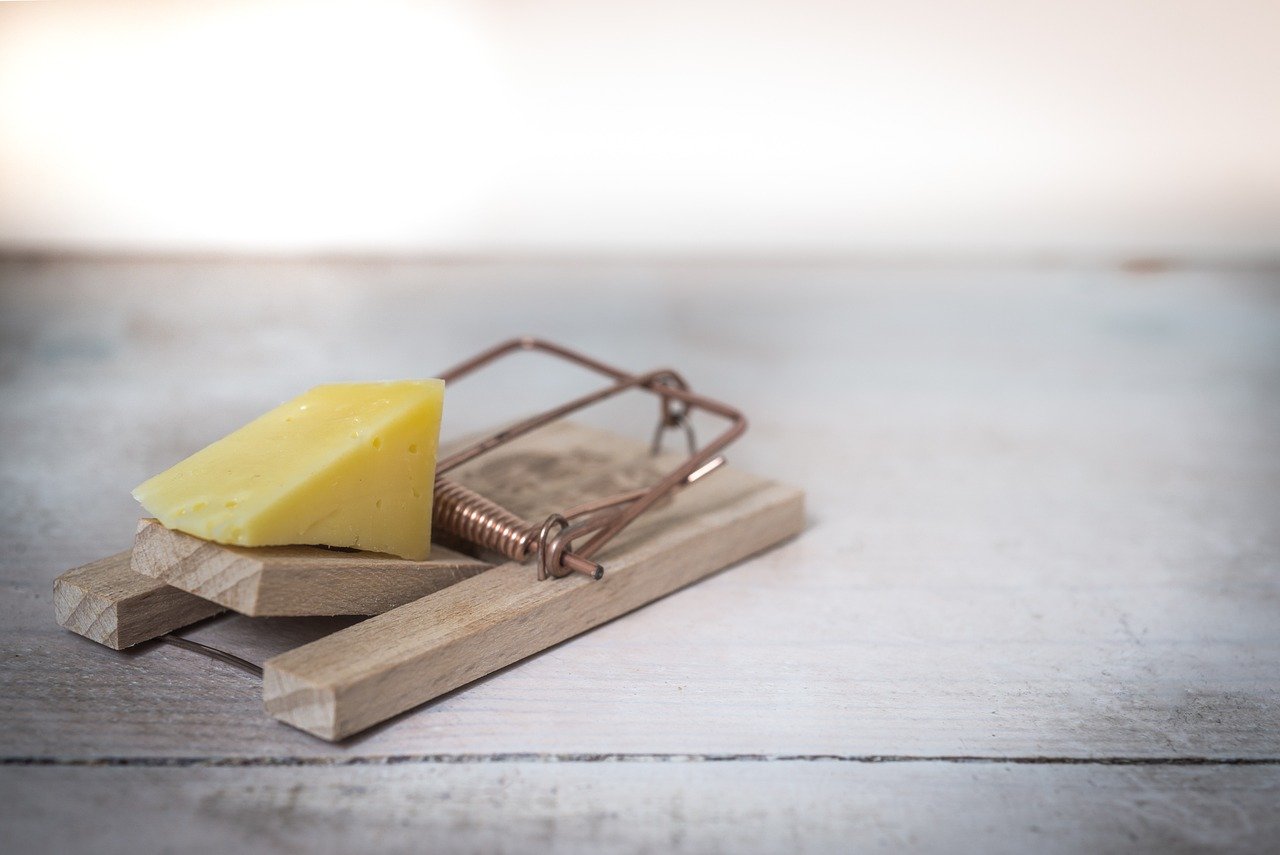
Rodent or insect baits, traps, and sprays can be a hidden danger if you live with cats. Many of these products use strong poisons that can be fatal if eaten, and some traps can cause painful injuries. Even if you place baits in “safe” spots, a determined cat can often find a way to reach them. Secondary poisoning can also occur if a cat eats a poisoned mouse or insect. If you need to control pests, choose pet-safe methods or consult your veterinarian for advice. The risks of traditional pesticides simply aren’t worth it when your cat’s life is at stake.
Alcohol and Fermented Foods
It might sound funny to imagine a cat sipping a beer, but alcohol is no joke for felines. Even tiny amounts of alcohol—whether from spilled drinks, uncooked dough, or fermented foods—can cause vomiting, disorientation, difficulty breathing, and potentially coma or death. Cats’ bodies are far less equipped to handle alcohol than ours, and their small size makes them especially vulnerable. Always clean up spills quickly and keep alcoholic drinks far from reach, especially during parties or gatherings where accidents are more likely to happen. What’s festive for us can be fatal for them.
Batteries and Small Electronics
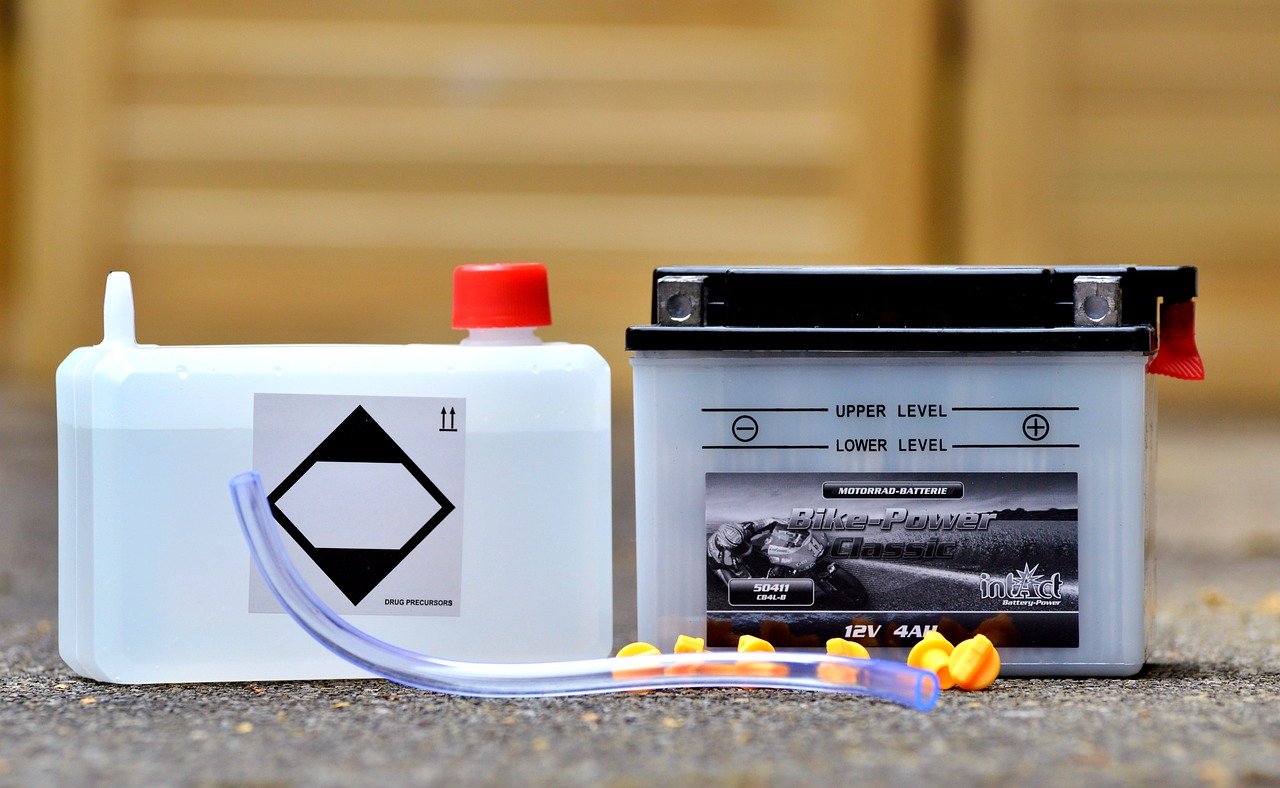
Batteries and small electronic devices are everywhere these days, from remote controls to hearing aids. If a cat chews or swallows a battery, the chemicals inside can burn their mouth, throat, and stomach. Button batteries are especially hazardous—they can get lodged in the digestive tract and leak dangerous substances. Even unused batteries can be appealing to playful cats, especially if they roll or make interesting noises. Always store batteries and small electronics in secure drawers, and check for missing items if your cat has been exploring. The consequences of swallowing a battery can be swift and severe.
Human Food Scraps and Bones
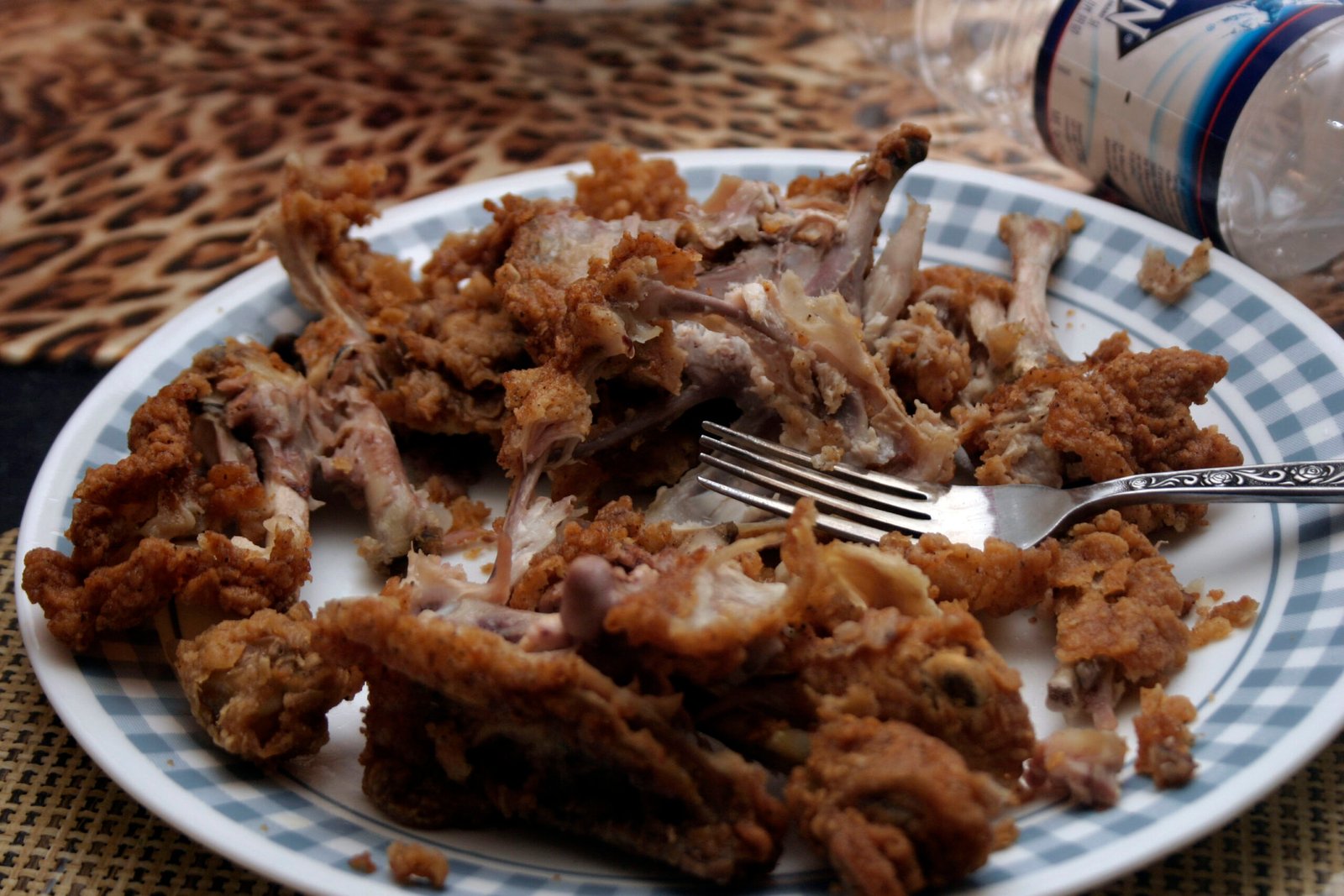
It’s tempting to share a bite of dinner with your cat, but many human foods are unsafe for them. Cooked bones can splinter and cause choking or internal injuries, while fatty foods like bacon and sausage can trigger pancreatitis. Grapes, raisins, and certain nuts are also toxic to cats, even in small amounts. Leftovers left on the counter or in the trash are a hidden hazard, especially if your cat is a skilled scavenger. The best way to show your love isn’t with table scraps, but with treats made specifically for cats. What’s fine for you could be dangerous—or even deadly—for your four-legged friend.
Keeping your cat safe starts with knowing what everyday items might pose a hidden danger. With a few simple changes—like storing cleaning supplies securely or avoiding toxic plants—you can prevent serious accidents. Cats are naturally curious, so it’s up to us to make their environment as safe as it is cozy. A little precaution now means a much healthier, happier cat in the long run.

Born and bred in South Africa, a Capetonian at heart. Amy-Leigh’s love for nature and animals was inherited from her Dad. He loves taking the family on road trips to experience nature at its finest; Amy-Leigh’s favourite being whale watching in Hermanus and spotting Kudu along the West Coast. Amy-Leigh holds a BA in English Literature and Communication Studies.





